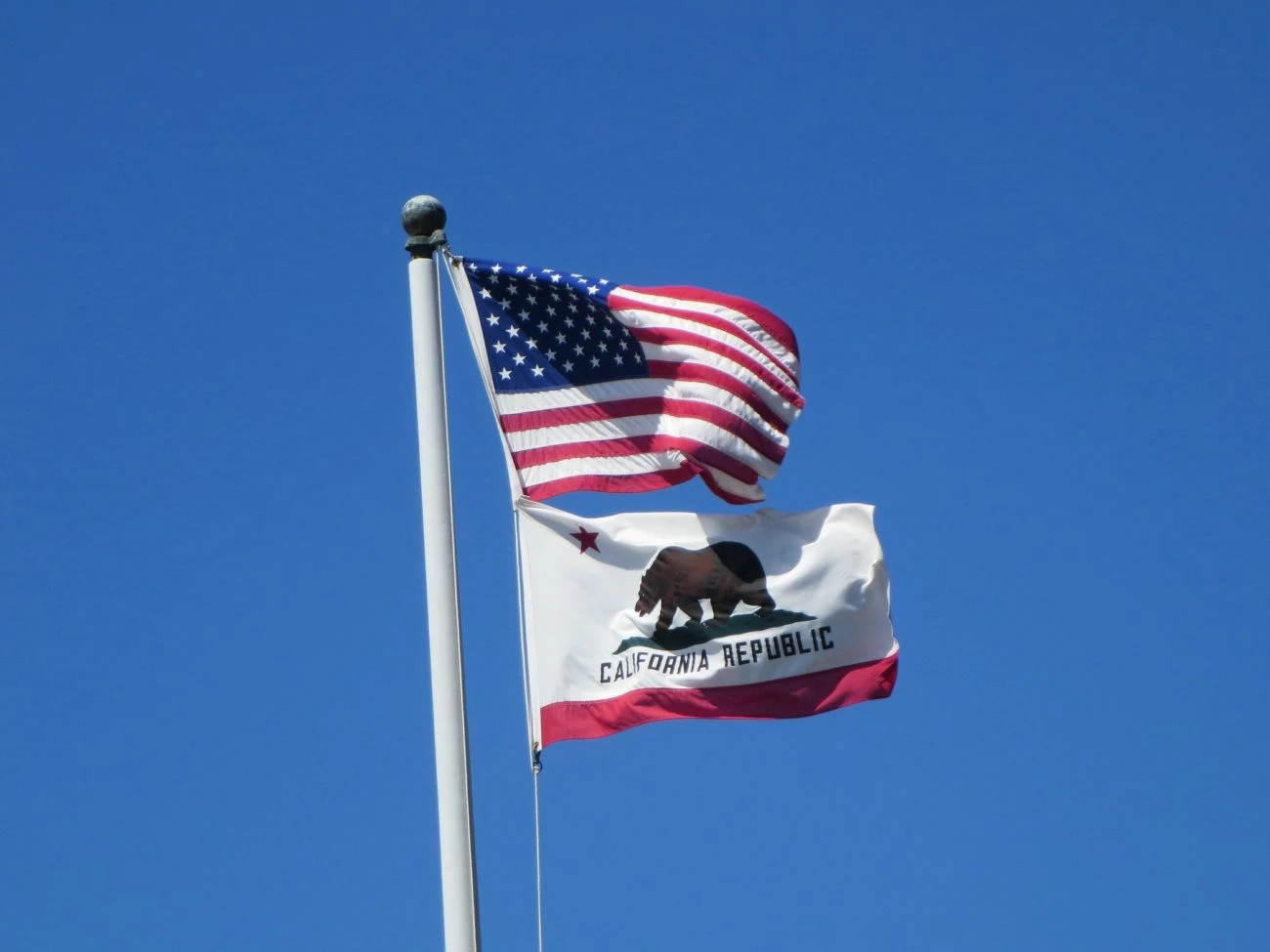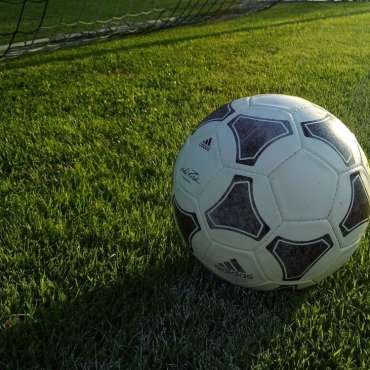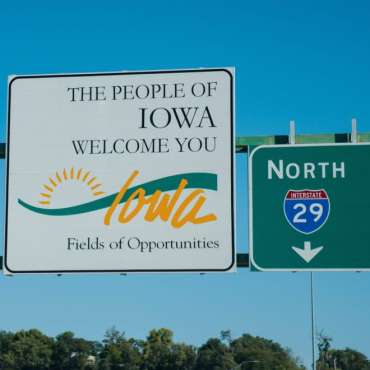Two ballot initiatives that would give tribes exclusive rights to offer retail and online sports betting in California have been filed with the state's attorney-general.
Both ballots name Reeve Collins, co-founder and CEO of Pala Interactive, as the contact for media inquiries. Pala Interactive was founded by the Pala Band of Mission Indians in 2013 and was acquired by Boyd Gaming in November 2022.
The ballots were submitted on 27 October.
One of the proposed ballots, entitled The Sports Wagering Regulation and Tribal Gaming Protection Act, gives full detail as to how sports betting would work under tribes in California. Amending Article IV, section 19 of the California constitution, the proposal would mandate tribes to submit 15% of its adjusted sports wagering gross gaming revenue (GGR) into the tribal sports wagering revenue sharing trust fund.
Tribes would also have to contribute 10% of their adjusted sports wagering GGR into the California homelessness and mental health fund. All sports betting advertising must also only be aimed at those aged 21 and over.
Tribes would have to partner with sports betting operators, which would operate as vendors. The operators must be licensed by the Tribal Gaming Agency and approved by the California gaming agency.
The other ballot proposal, entitled The Tribal Gaming Protection Act, outlines that sports betting will be offered exclusively through tribes in California.
Tribal reaction
Victor Rocha, conference chair at the Indian Gaming Association, claimed that Pala Interactive had requested tribal leaders in California refrain from speaking to the press until they spoke to tribal leaders.
“Can we talk about the ignorance of the fools in Pala Interactive/Boyd,” he wrote on X, formerly known as Twitter.
“These idiots actually sent a letter to California tribal leaders asking them not to talk to the press until they had a chance to talk to leadership.”
However, David Strow, vice-president of corporate communications for Boyd Gaming Group, replied stating: “That wasn’t us, Victor. The former Pala Interactive (now Boyd Interactive) had nothing to do with that filing.”
The ballots have also received criticism from the California Nations Indian Gaming Association (CNIGA), with the group expressing disappointment they they were not contacted for consultation.
“The California Nations Indian Gaming Association is deeply disappointed that the sponsors of the two recently filed initiatives did not first reach out to the State’s largest tribal gaming association for consultation and input,” read CNIGA’s statement. “Instead, CNIGA and our member tribes were alerted to their existence when they were filed with the Attorney General today.”
“Decisions driving the future of tribal governments should be made by tribal governments. While the sponsors of these initiatives may believe they know what is best for tribes, we encourage them to engage with Indian Country and ask, rather than dictate.”
Surprise ballots
The filing of the proposed ballots comes as something of a surprise, due to its late filing and after voters in California rejected sports betting proposals just last November. The November 2024 election will take place on 5 November.
Sports betting had been ebbing its way into California all throughout 2022, with a poll in February that year revealing some support for it.
In May, it was confirmed that a proposition to allow sports betting in the Golden State would appear on ballots in November 2022. This was to sit alongside another sports betting initiative, one backed by tribal gaming groups entitled the Tribal Sports Wagering Act Initiative.
But Democrats in California recommended voters vote no against sports betting proposals. They did not endorse the tribal proposal but endorse a no vote on the operator-backed Proposition 27.
Although both proposals appeared on the November 2022 ballot, they were ultimately rejected by voters.
What are the next steps?
Pala Interactive has 180 days to gather the signatures it needs for the ballot through a random sample method. However, this would bring the deadline to late April 2024, leaving it late in the season to file.
A random sample is necessary when the Secretary of State decides the raw signature count is equal to 100% or more of the total number of signatures necessary. In Pala Interactive’s case, the total number of signatures needed is 874,641. This is the amount necessary for ballots proposing an amendment to the constitution.
The random sample method requires election officials to verify a minimum of 500 signatures in their office.
Pala Interactive will have until 23 April 2024 to file the petition with country election officials.
A full check method is used if the total number of valid signatures is between 95% and 110% or more of the signatures needed to progress.
Those submitting a ballot to the attorney general must leave a 65 day period between submission and collecting signatures. This would mean that signature collection would begin on 1 January.





